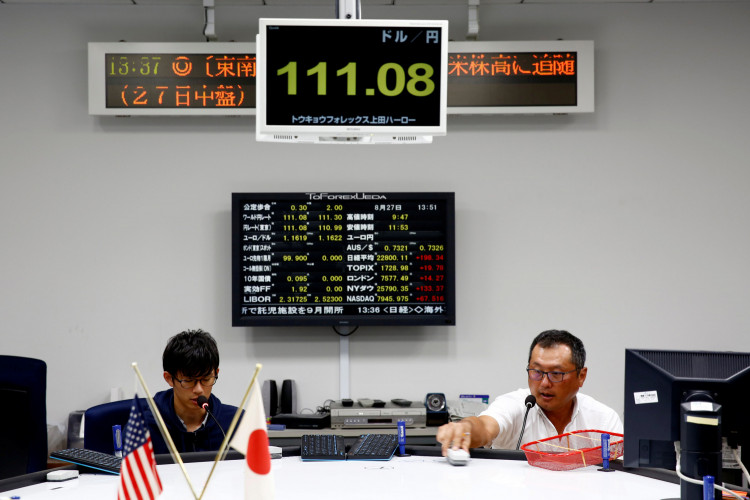In a statement released on Sunday, the Bank of International Settlements has warned of the impending relapse of the global economic crisis which severely affected the global economy almost a decade ago. The international institution added that when left unregulated or unresolved, the crisis might come to a point when it cannot be treated as was the case when the last global economic crisis took place.
Bank of International Settlements chief economist Claudio Borio told reporters during a conference call that things are looking "fragile." The world-class economist added that possible treatment to the impending crisis is running low and it will be extremely difficult to treat the economy back to its healthy form should the relapse happen.
The Bank of International Settlements is widely regarded as the central bank for central banks. The international institution, in its annual report, highlighted that during the global financial crisis that took place during the mid-2000s, the recovery effort has been highly unbalanced. The international bank also reported that emerging economies will feel the majority of the brunt posed by the impending crisis.
Mr. Borio said that in the past, central banks around the world counter the effect of the financial crisis by persistently administering low-interest rates. He added that this strategy can help boost economic activity. However, some side effects of the global economic crisis are uncontrollable and inevitable.
Mr. Borio pointed out the crises that have risen recently in Argentina and Turkey. The economic crises in these two countries, he said, is the direct result when central banks lower the interest rate in order to contain the negative effects of the financial crisis.
After several years of imposing lax monetary policies, the United States Federal Reserve has recently started raising interest rates. Additionally, the European Central Bank has also said that the organization will end its stimulus program by the end of this year.
Based on the institution's latest figures, Mr. Borio said that, on average, the global financial market is doing well. He also warned that while this is a positive outlook, it is not particularly meaningful.
The Bank of International Settlements has also pointed out that asset prices in several emerging economies have suffered the most because of the dollar's recent resurgence. Moreover, many investors are also wary about the possible negative effects brought upon by the bitter trade war between China and the United States, two of the world's biggest economies. The two superpowers have recently traded tariffs against each other amounting to more than $200 billion.





